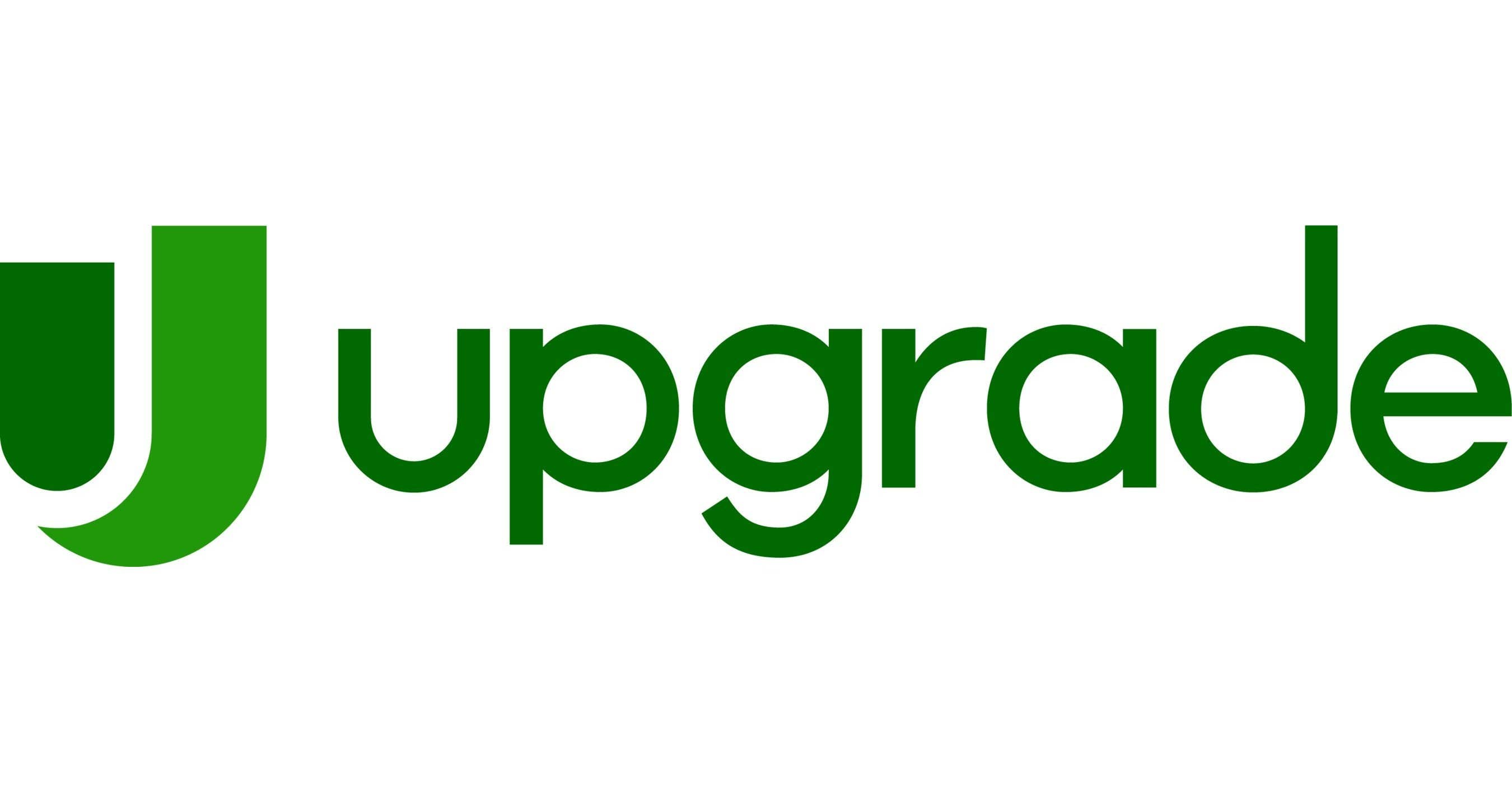Loans
Whether you need a personal, auto, student, or small business loan, we'll help you choose the loan that's right for you.
Related topics
Helpful links

What is a personal loan?
Loans
A personal loan is used for financing large purchases or covering major expenses.

What to do before applying for a car loan
Auto Loans
Getting the best financing for your new set of wheels requires time and research.

Paying for college is a challenge for many students, but student loans can help.
Reviews & tools
Experts in all things finance
Our expert reporters and editors bring the news and analysis you need — backed by data and firsthand experience.
About Bankrate
Certified Student Loan Counselor

Senior Loans Writer

Senior Loans Writer
Loans by credit band
The latest

Here’s how to qualify for a low interest personal loan.

These loans don’t require collateral and typically charge higher interest rates.

An APR is a snapshot of how much your personal loan will cost each year.

Personal loans are a quick source of cash, but be careful how you use them.

Interest rates are rising, so what does that mean for your finances?

Personal loan interest rates today are unusually high, thanks to market forces.

Use average car payment data to inform your budgeting.

You still can snag a personal loan with a low credit score. Here’s how.
The trusted provider of accurate rates and financial information

